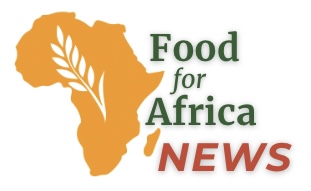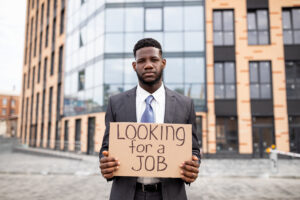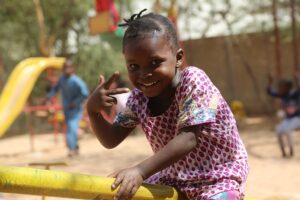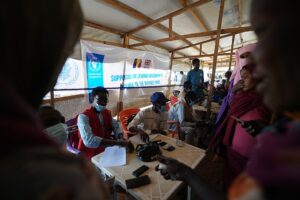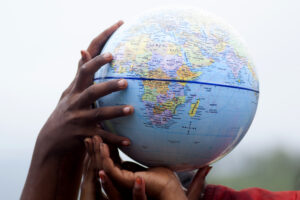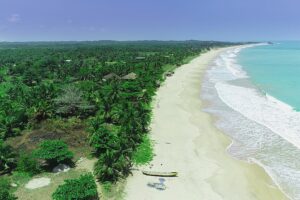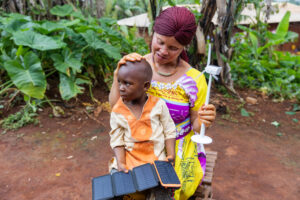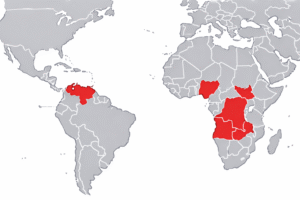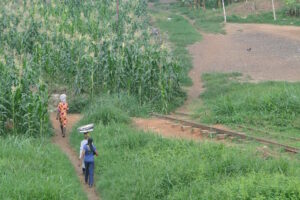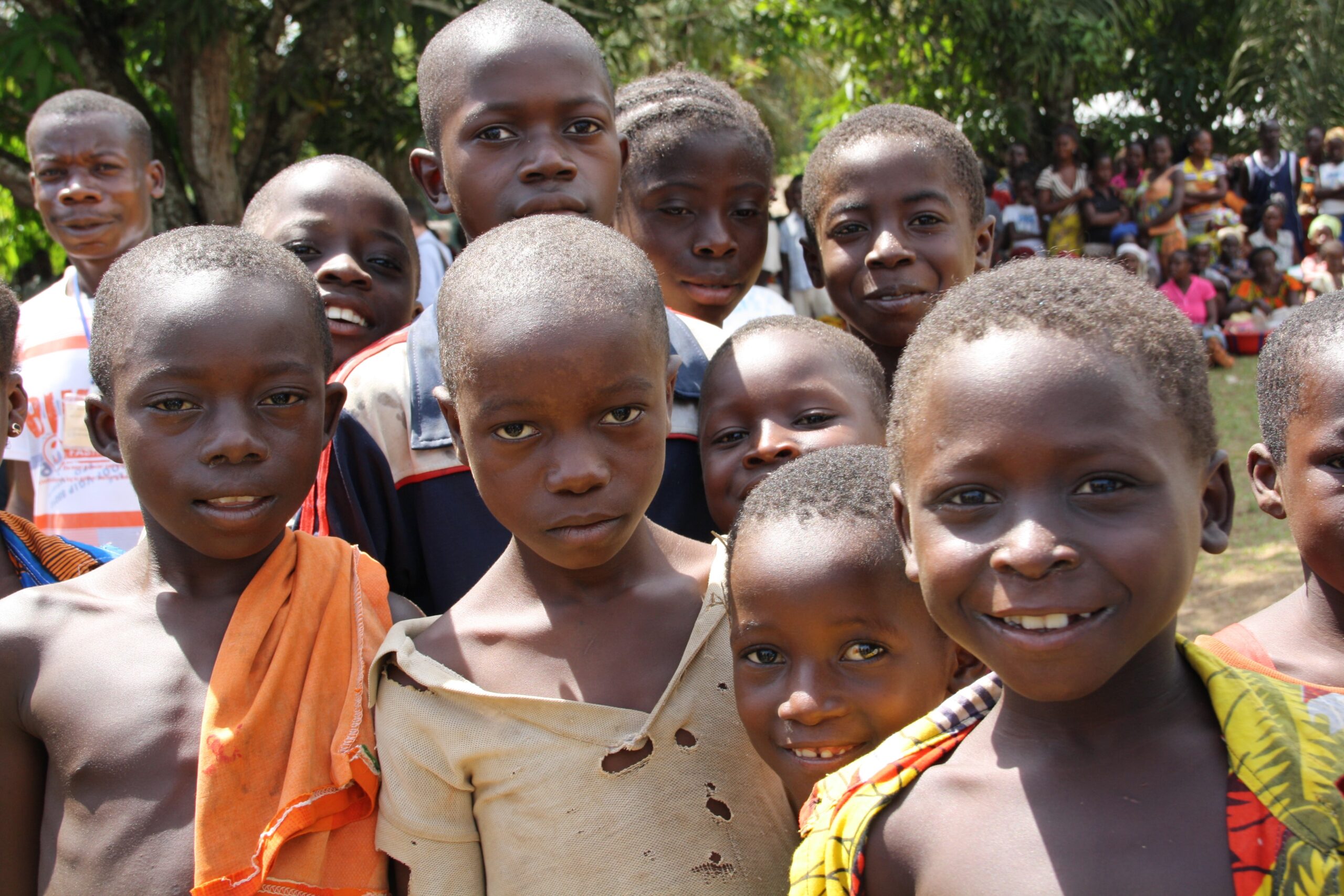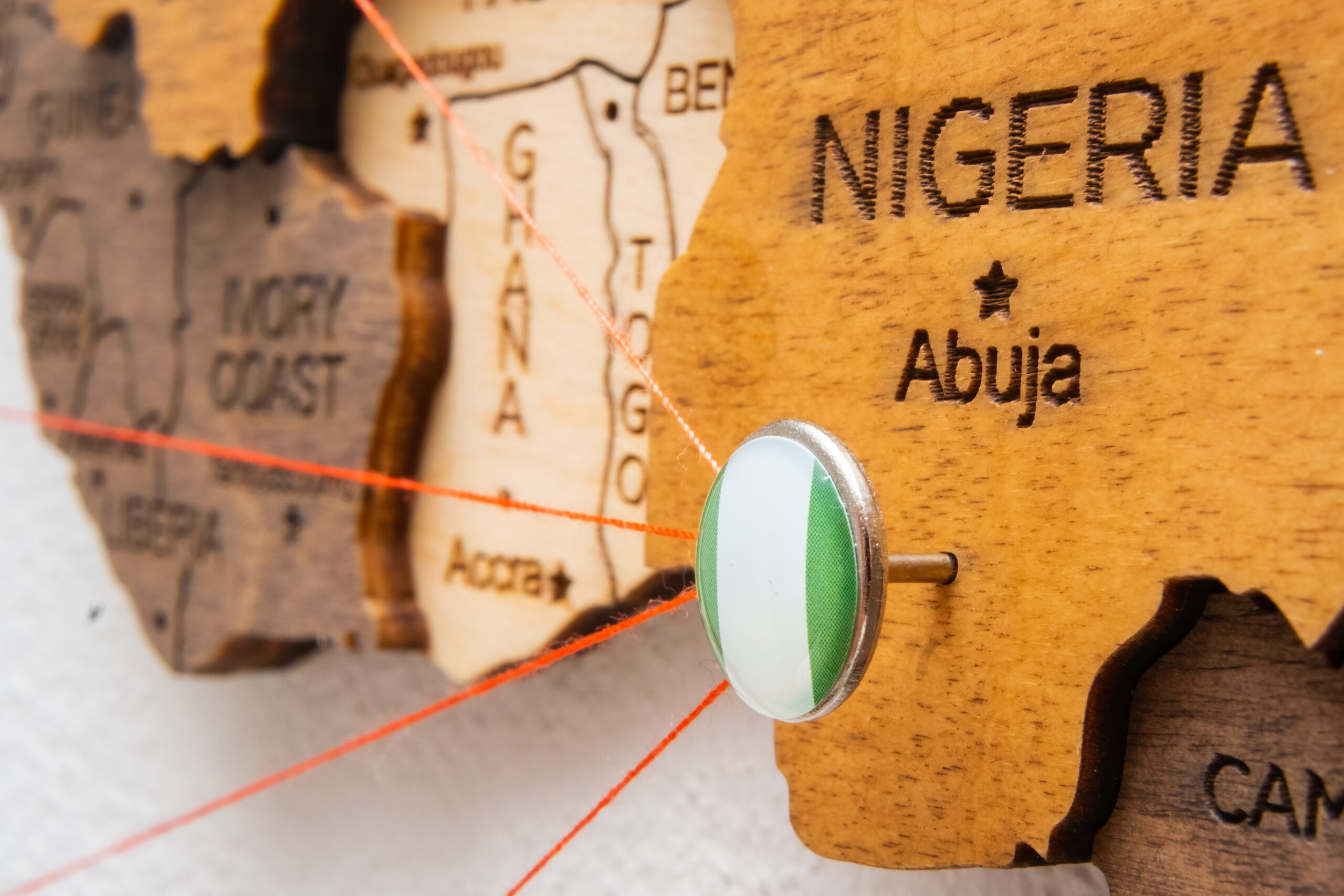Monrovia, Liberia. With half a million Liberians food insecure and child malnutrition rising, experts warn that relying on aid is unsustainable. Liberia must find lasting supply chain solutions.
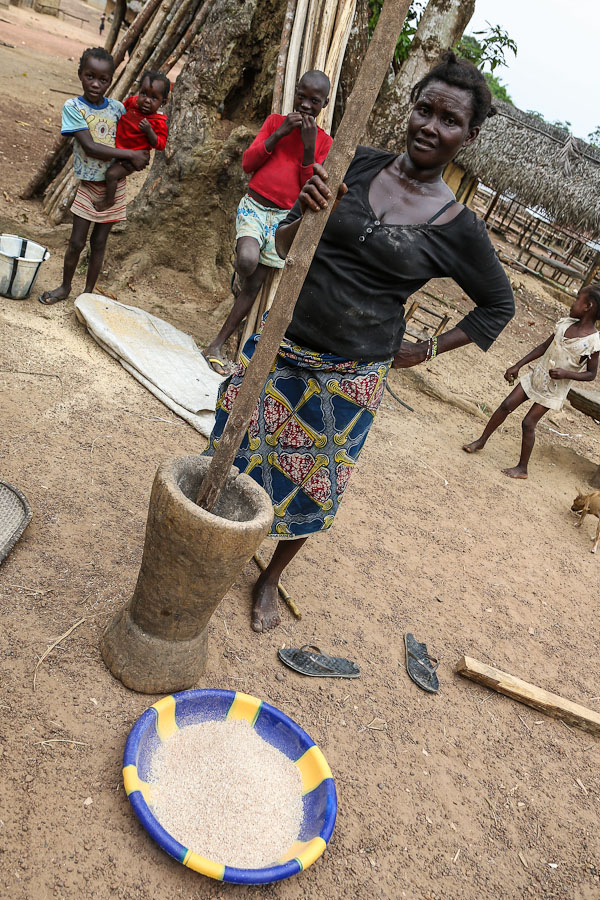
This is not simply not about aid cuts. It is about structural dependency. When food supply hinges on outside donors, a single funding delay can ripple into empty plates across the nation. The warning signs are already clear. The WFP notes Liberia still requires US$ 15.6 million to cover food needs for 2025, with US$ 5.4 million urgently needed for July through December. Without it, fragile safety nets like school feeding programs risk disruption.
But aid was never meant to be the only plan. Handouts are emergency relief, not long-term strategy. Liberia’s rice crisis exposes the urgent need for Plan B systems that make food supply sustainable.
What Plan B Looks Like
First, domestic production must scale. WFP’s recent effort to procure 227 metric tons of rice, beans, gari, and red oil from 14 local farmer cooperatives, feeding over 75,000 schoolchildren and supporting 15,000 smallholder farmers, shows what’s possible. Expanding this approach could reduce reliance on imports while boosting farmer incomes.
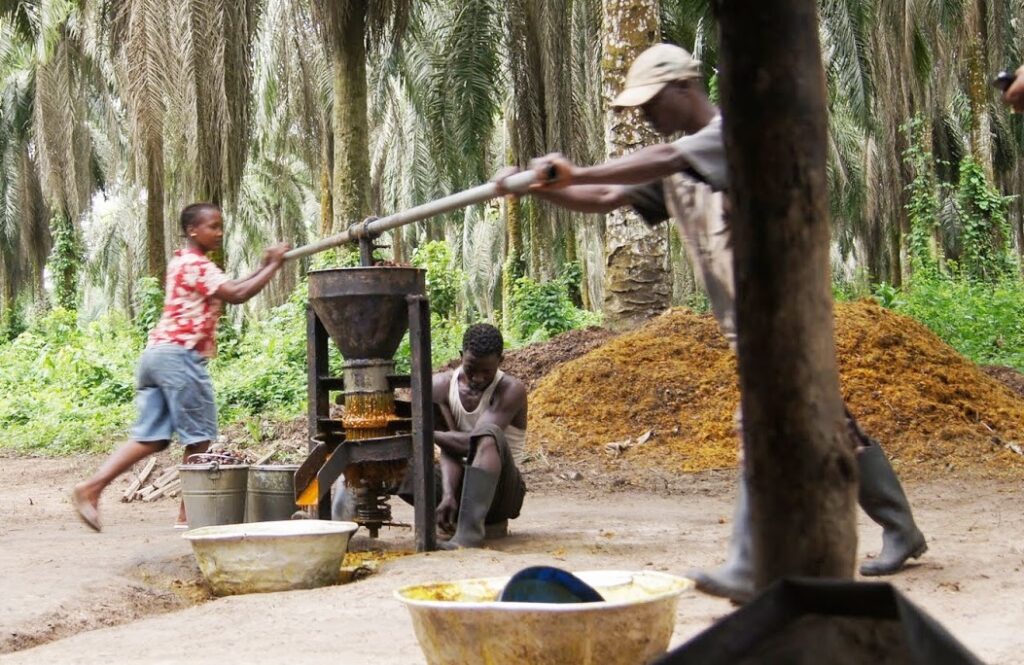
Second, supply chain resilience must be prioritized. Investment in storage, transport, and processing can prevent local harvests from going to waste. Mechanization, such as the 18 power tillers distributed to farmer groups this year, is a start but needs massive scaling.
Third, diversified financing is key. If one donor withdraws, pooled regional funds, diaspora remittances, or public-private partnerships should keep food pipelines moving. Countries like Ghana and Rwanda have experimented with health and education trust funds; Liberia could adapt similar models for food security.
Finally, policy alignment is critical. Liberia’s new ARREST Agenda (2025–2030) places agriculture first. Turning that commitment into real investment—roads, irrigation, subsidies for smallholders—could shift the country away from dependence toward sovereignty.
The Bigger Picture
Liberia’s rice crisis is not new. The country has endured cycles of scarcity since the 1960s, driven by import dependence, price shocks, and rural poverty. Historic scenes like those captured in 1968 show how long families have lived on the edge of food insecurity. Today’s crisis is different in scale, but the underlying vulnerability remains.
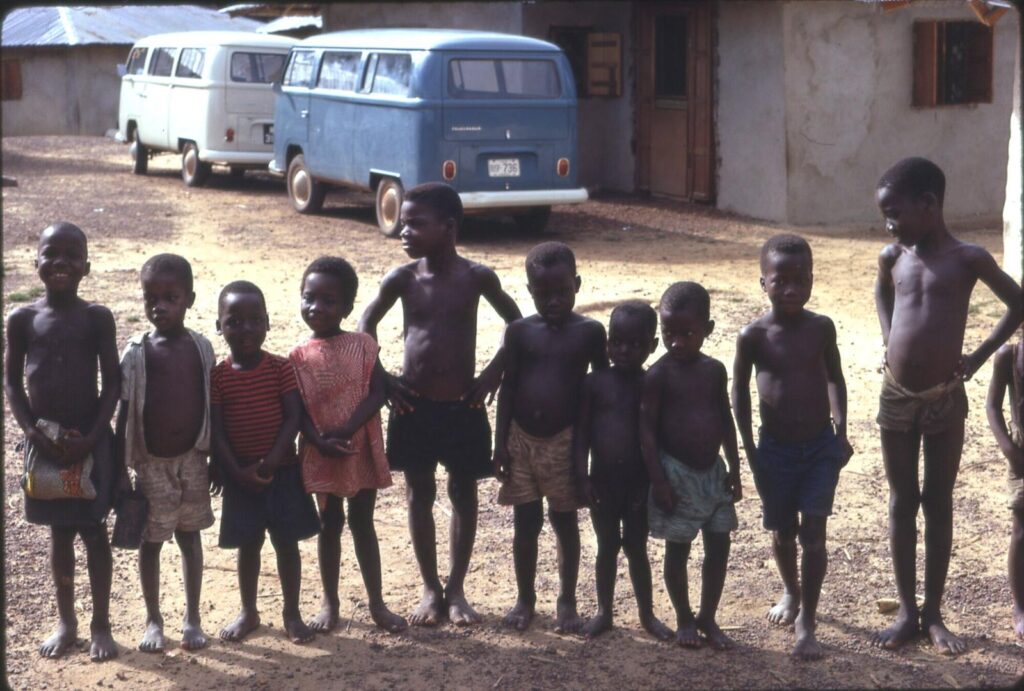
Photo: Gbaku via wiki commons. https://commons.wikimedia.org/wiki/File:Gipo,Liberia(West_Africa),_children_and_VWs,_1968.jpg
Liberia ranks 177 out of 193 countries on the Human Development Index. Every missed meal is not just hunger. It is lost potential, weakened immunity, and stalled national progress. Rice insecurity is not only about today’s empty bowls but about tomorrow’s health systems, education outcomes, and stability.
The lesson is clear. Aid can bridge the gap in a crisis, but no nation can build its future on handouts. Liberia must seize this moment to invest in its own food systems. The rice crisis is not just a warning. It is an opportunity to rewrite the country’s path toward self-reliance.
Photo Attribution: DFID – UK Department for International Development, CC BY 2.0, via Wikimedia CommonsSource: World Food Programme Liberia Country Brief, June 2025
